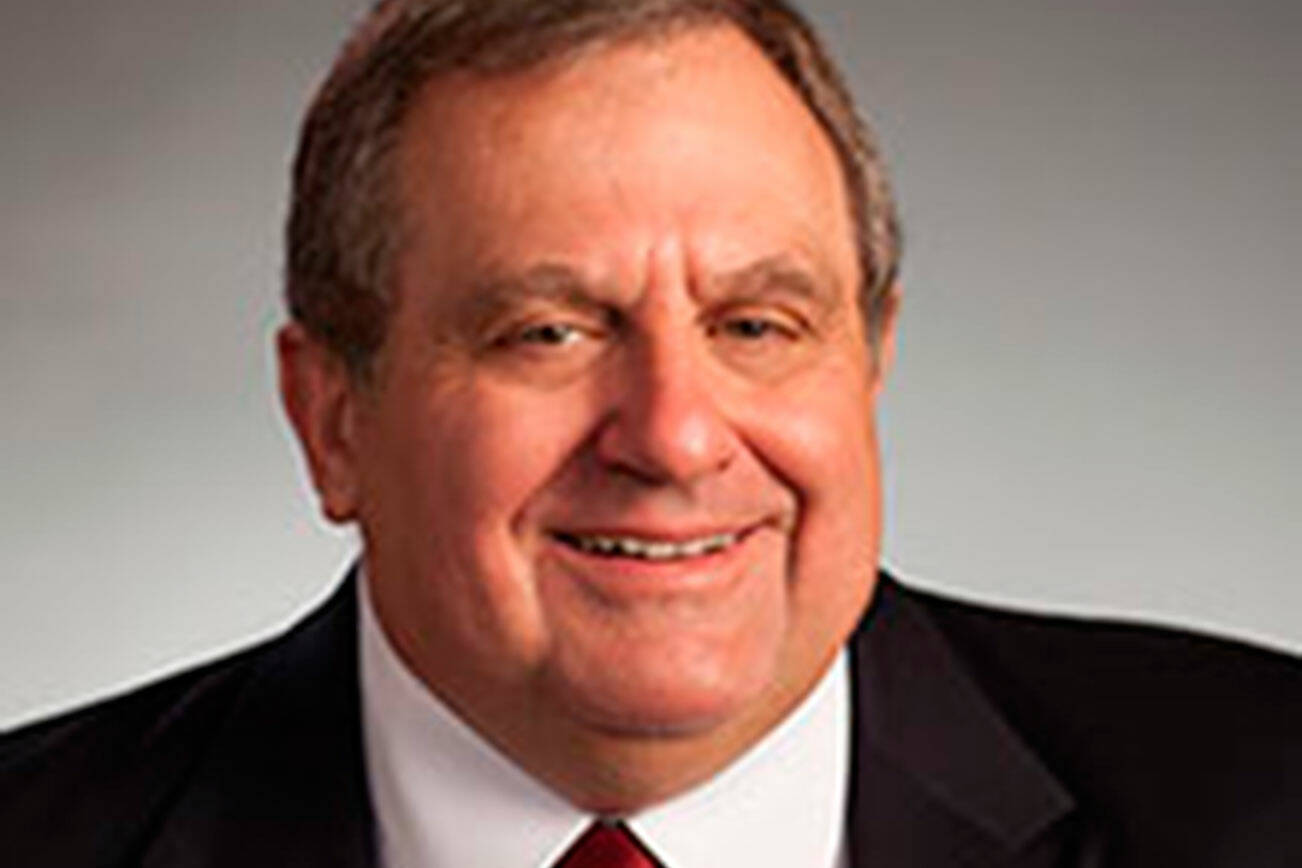In the race to “electrify everything,” there are glitches that may derail the plan over the next 20 years. One is a shortage of skilled electrical workers needed to rewire homes, make grid modifications, and install new electrical capacity.
President Joe Biden’s Inflation Reduction Act, signed in August, contains billions of dollars to help Americans electrify their homes, buy electric vehicles, replace natural gas stoves and install solar panels.
“The problem is most houses aren’t wired to handle the load from electric heating, cooking, and clothes dryers, along with solar panels and vehicle chargers,” Emily Pontecorvo wrote for the Berkeleyside newspaper in January.
Rewiring America, a nonprofit that conducts research and advocacy on electrification, estimates that some 60 to 70 percent of single-family homes will need to upgrade to bigger or more modern electrical panels to accommodate a fully electrified house.
Bureau of Labor Statistics data show that about 21 percent of electricians will have hit retirement age in the next 10 years. The agency estimates that annual demand for electricians will grow by 7 percent over the same span and that between retirements and new demand, there will be nearly 80,000 job openings, Berkeleyside reported. The COVID-19 pandemic accelerated retirement timelines for Baby Boomers in both 2020 and 2021.
BorderStates.com found one potential reason for a trained worker shortage is that younger generations aren’t as interested in skilled labor. Only 17 percent of high school and college students say they want to work in construction.
Wall Street Journal writer Doug Belkin noted there has been the acceleration of a shift away from the nation’s half-century “college for all” model toward a choice of either college or vocational programs — including apprenticeships.
According to federal data and Robert Lerman, a labor economist at the Urban Institute and co-founder of Apprenticeships for America: “In the past decade, college enrollment has declined by about 15 percent, while the number of apprentices has increased by more than 50 percent. Some (apprenticeship) programs have boomed in popularity, with admission rates as competitive as those at some Ivy League universities,” Belkin wrote.
Part of the solution is apprentice electricians are not saddled with stifling college loans. ZipRecruiter reports students graduating college in 2020 were averaging just over $37,000 in student debt. The average starting salary for an electrical engineer out of school was just over $66,000. Meanwhile, Service Titan added that electricians often attend trade school and avoid most, if not all, of student loan debt.
Interestingly, looking at a listing for an industrial electrician at SEH America in Vancouver, the starting base wage may be as much $66,500 per year. An electrical cable-splicer in the Puget Sound region has an average base wage of $93,400, according to Indeed.com.
Wages are only part of total compensation. When adding in overtime pay and employer paid benefits, electrical workers could easily earn an additional 40 percent in compensation annually.
Finally, a key to finding enough electricians is recruiting more student diversity. Nearly 90 percent of electricians are white, compared with 78 percent of the country’s workforce, and less than 2 percent are women, according to the Bureau of Labor Statistics.
Borin Reyes, who’s 28, moved to California from Guatemala when he was 16 and got introduced to electrical work in high school. After graduating, he saw electrical work as a path to moving out of his parents’ house, so he enrolled in a training program at a technical college.
When Berkelyside’s Emily Pontecorvo asked Reyes what the secret is to finding more electricians, he didn’t skip a beat: “Showing them how much money they can make. That is the key.”
Don C. Brunell is a business analyst, writer and columnist. He is a former president of the Association of Washington Business, the state’s oldest and largest business organization, and lives in Vancouver. Contact thebrunells@msn.com.
Talk to us
Please share your story tips by emailing editor@kentreporter.com.
To share your opinion for publication, submit a letter through our website https://www.kentreporter.com/submit-letter/. Include your name, address and daytime phone number. (We’ll only publish your name and hometown.) Please keep letters to 300 words or less.

